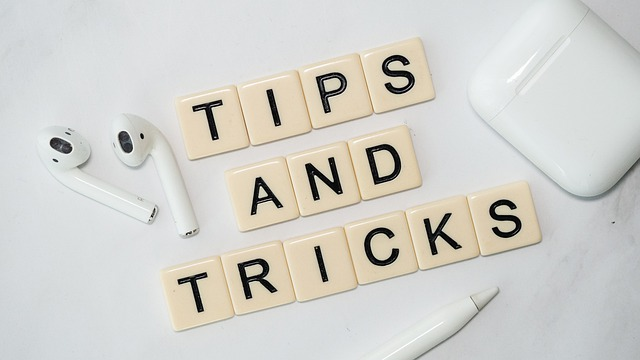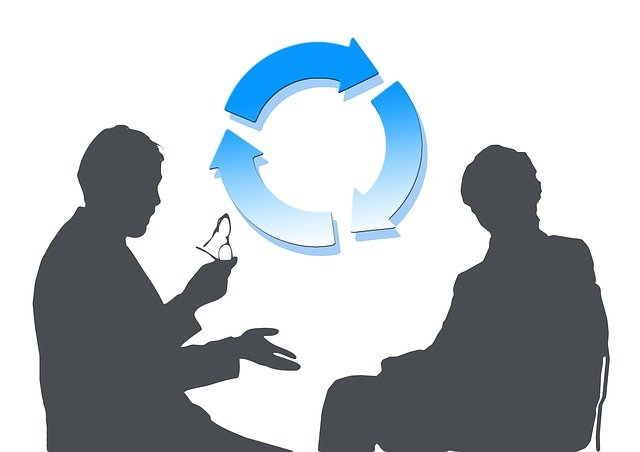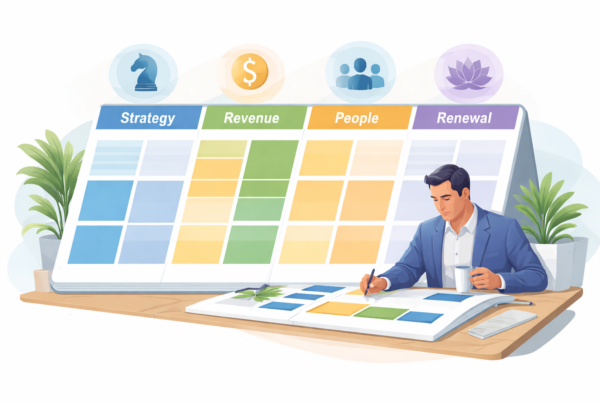How to network

How to be effective at in-person networking opportunities
It doesn’t matter whether you love or hate networking; networking effectively is essential to building relationships as well as your personal and professional growth. So you had better learn how to start networking well.
Let’s be clear a networking event is not speed dating, yet we have all been to events where people walk around and hunt new people to sell to. It gives networking a bad name and raises the anxiety levels and expectations of all concerned at such events.
There are many ways to network, including social media, trade shows, formal networking events (online and in-person), and many more. Choosing where you network must go through the intentionality filter, i.e., will this event lead me to build relationships that support my career or business growth.
Research shows that networking is an important skill for meeting people, building new relationships, and succeeding in business.
What is Networking?
The definition of networking is “developing and maintaining relationships with other people to exchange information and gain professional or social opportunities.”
When you network, you are connecting with other people to create relationships. These relationships can be beneficial professionally and socially.
Making new connections and building professional relationships isn’t something you should ever leave to happenchance, even though some of the best relationships are formed this way.
Your network is anyone you have connected with, formed a relationship with, and can call upon to support you in achieving your objectives and accessing their connections.

Why is networking so important?
So before I dig into how to network effectively, I will share why networking is essential. Understanding this and having a clear idea of why you must play the game will elevate your professional success in your current role and make it easier to progress to the next level.
It is said that people do business with people they ‘know, like, and trust,’ and when you truly understand this simple adage, you show up to get to know someone before worrying about making a sale.
When you have formed a relationship built on know, like, and trust, you are more likely to gain access to their personal and professional network.
Being intentional about making connections ahead of hunting for potential customers will ensure that you come across as more authentic than a smooth salesperson eyeing you as a commission cheque.
That said, intentionality requires you to focus on connecting with the key people you want to meet. It demands that you demonstrate a sincere interest in the person you speak with and not be talking at them. It also requires that you be clear about what you want to achieve from the conversation.
Are you looking for a job? Then, your goal is to gain access to their professional network and learn as much as possible about a potential employer or career path.
Do you own a business? Your intent might be to determine whether this person could become a valuable customer or introduce you to their network.
Your focus should be on the other person and what you can do for them, not on what they can do for you. It is essential to remember that building relationships takes time and doesn’t happen overnight.
How can I develop my networking skills?
Networking is a skill you can learn and most definitely improve upon. To do so, you commit to getting over your inhibitions and practice the art of relationship building.
These important skills are applicable in person or online and will support you in creating valuable connections.
Networking Tips

Before the event
- Get a list of attendees and research to decide who you want to engage with.
- Connect with the right person organizing the event and let them know ahead of time who you would like to meet.
- Check their LinkedIn profile and other social media platforms; you may be surprised at shared interests or experiences and how much you already have in common!
- Read up on the latest industry news and developments, giving you some talking points.
- Ensure you have plenty of business cards – yes, they still work!
- Have a pen and notepad or index cards that you can record interesting comments and insights you draw from your conversation.
- Make sure your calendar is up to date – you will want to set up meetings or schedule a follow-up with your new connection.
- Dress to impress, but only to the extent that it is congruent with your role. However, your appearance mustn’t be a turn-off to the person you want to connect with.
At the event
- Connect again with the event coordinator and ask to be introduced to those you want to meet.
- When introduced to another attendee, or if you present yourself, begin by paying attention to their body language while listening to the person speak. First impressions count!
- Ask their name, and even if they were on your list of intended contacts, repeat it and check the spelling. It shows a desire to know the person. In Dale Carnegie’s ‘How to Win Friends & Influence People,’ he wrote, “a person’s name is the sweetest sound they can hear.”
- When used correctly, become an active listener with a slight head tilt; these are simple social skills that help build rapport.
- Maintain eye contact; it shows interest, but don’t stare!
- Great conversation comes from being interested and interesting.
- Hand them your business card, and make sure to collect theirs!
- Thank the new connection for their time, and if appropriate, let them know you would like to connect again in the coming days. Most people will say yes, so book it there and then!
- Continue networking until you have met all of the people you intended to. Now, depending on the time available, you can either go home or return to the office or get lucky and meet other professionals.
After the event
- Follow up with a short note confirming how pleased you were to meet them and that you are looking forward to your upcoming meeting.
- An excellent approach to this follow-up is to ask them if there is anyone in your network with whom they would like to connect.
- If you could not connect with one of your ideal list, reach out to the organizer and see if they will make an introduction.
- This may not be possible for different reasons, but this is where the research ahead of the meeting pays dividends. You likely have mutual connections who can make an introduction for you.
- Now send these people a short note telling them how you would like to have met them and why. This transparent approach will often lower most people’s barriers when talking to strangers.
Conclusion
In conclusion, networking is more than a clever elevator pitch, meeting familiar faces, or a way of filling your digital Rolodex with new contacts. You can’t treat networking as a re-run of your middle school dance.
Build great personal relationships, and then the business relationships will flow.
And never forget that networking is a two-way street – your new relationships want to network with you and your connections. Be a good listener and make it happen, and you will soon become a person of influence everyone else will want to network with!




